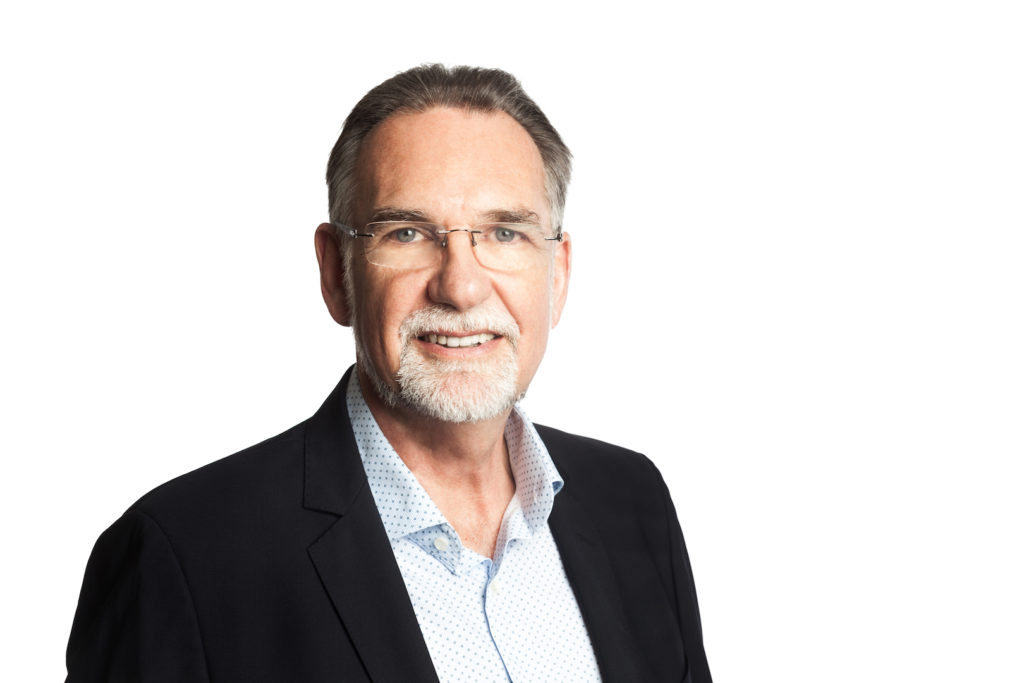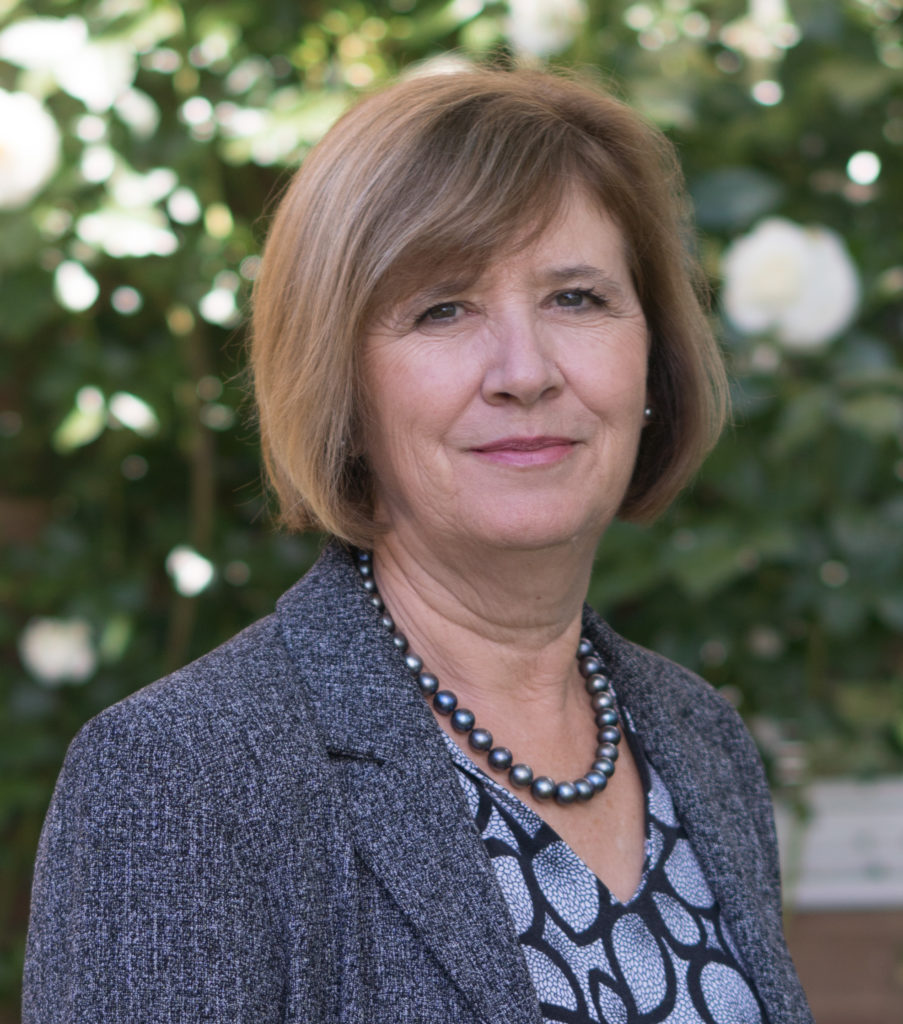Who’s pastoring the pastors?
It’s time for the church to get professional about supervision
Here’s a sad truth for the church: for every serving pastor, another pastor has resigned.
This telling statistic came from John Mark Ministries over 15 years ago and, unfortunately, it’s a trend they predicted would worsen over time. So today, there could well be more ex-pastors who have left the ministry to pursue other careers than there are pastors who have stayed on to slog it out in church work.
In a profession where the boundaries of time and responsibility are blurred, and in which people’s souls are at stake, burnout seems almost inevitable for many in church leadership.
“They are endeavouring to be all things to all men and women. They’re often very skilled in a number of areas, but as a lone pastor or priest, they have to step out of their skill area and do other things,” says Chris Harding, who has been coaching church leaders for over a decade and is part of the Australian Coaching Collective.
“They are a priest first and foremost, but they end up being a financial manager, an administrator, all these other things that actually take them away from their calling of being a priest or pastor. Then of course, many have a family and that’s a real struggle too.”
“There’s a divisiveness, a lack of unity, a lot of pain.” – Chris Harding
Harding outlines other issues facing church leaders: managing relationships within the church staff team and in the congregation; dealing with cultural differences; disunity, such as that between traditionalists and modernists; and theological differences.
“So there’s a divisiveness, a lack of unity, a lot of pain,” he surmises. “In Sydney, we have a great divide on women’s issues, on sexuality, on theology – the way in which you see Scripture. That creates disunity … and that’s occurring around the world.”
Then there’s the broader issue of the diminishing place of the church in an increasingly secular world. “The hard part today is that Christendom is becoming really rejected because of its hard, unloving [reputation] – all the things that Christ wasn’t. So it is very hard for a priest, a parson or a pastor to be accepted in schools and other places that have become more and more secular … That pressure on clergy is huge, and then they’ve got the micro [issues] in the congregation.”
Is coaching the answer?
Despite these weighty issues, the only way many church leaders reflect on the stresses in their work is through an occasional chat with someone else in the ministry team. In fact, only one-third of church leaders receive formal mentoring, coaching or spiritual direction, according to a report given to the Australian Coaching Collective by NCLS Research (based on data from the 2016 National Church Life Survey). The report draws on responses of 1015 church leaders, in which another third said they receive only informal personal mentoring, while 27 per cent are not receiving any form of mentoring at all.
This is simply not good enough, according to Harding and his colleagues, who believe coaching is key to avoiding or at least minimising the attrition rate of church leaders.
“The coach doesn’t pour in; the coach draws out.” – Chris Harding
“It’s easy as a professional Christian to get so caught up in business that you lose sight of the Christ who is actually the one driving you … The coach will challenge them to think, reflect and go deeper, and find what God is calling them to do,” Harding explains.
He further defines the aims of coaching: “The coach enables [the church leader] to make objectives or targets, goals and challenges … and be kept accountable in order to achieve those … The coach doesn’t pour in; the coach draws out … So they’re solving their own problems and challenges. But it’s hard to get to the heart of it without help because the pressure is too great.”
Harding notes the difference between coaching and mentoring: “The advantages of mentoring is that [the mentor’s] experienced within the role. So they’re not just drawing out but they’re pouring in – they’re speaking from their experience. But mentoring is … not as structured. It is more a conversation.”

Chris Harding
Royal commission recommendations
For some pastoral counsellors, and indeed for the Australian government, even formally structured coaching and mentoring doesn’t go far enough. They call for regular supervision from a rigorously trained professional to be mandated for all ministry workers, not just those in leadership. For the government, this rationale is based on an even more compelling reason: accountability and the prevention of potential abuse.
“The benchmark of the Royal Commission [into Institutional Responses to Child Sexual Abuse] is that all church workers should have mandatory professional supervision given by a trained supervisor,” says Nicky Lock, adviser for the Professional Supervision course at St Mark’s National Theological Centre in Canberra.
Lock highlights numerous recommendations handed down in the final report by the Royal Commission into Institutional Responses to Child Sexual Abuse, published in November 2017. These recommendations were specifically directed to the Anglican and Catholic churches but also to “each religious institution”, calling on them to “ensure that all people in religious or pastoral ministry, including religious leaders, have professional supervision with a trained professional or pastoral supervisor who has a degree of independence from the institution within which the person is in ministry.”
“All church workers should have mandatory professional supervision given by a trained supervisor.” – Nicky Lock
Lock admits, “That’s very broad. It would be difficult for churches to provide – it’s time and money. Do we have enough trained supervisors to offer professional supervision in the pastoral space? But that is the recommendation … In essence, they’ve said this is what has to happen, and most of the churches are seeking ways to make that happen.”
She notes the denominations where professional supervision is already in place: the Uniting Church, which mandated professional supervision for its ministers in 2009 in its “Code of Ethics and Ministry Practice” and the Salvation Army, which committed to “ongoing leadership training, supervision and support for workers” in its “Safe Salvos Manual” in 2016. She also notes other systems of supervision being implemented in the Anglican Church in Perth, Newcastle and Melbourne, and adds that she is “in conversations” with the national Anglican Church and other denominations.
Professional supervision is certainly not a new concept and, as Lock notes, it has long been a requirement for workers in other “helping professions” such as counselling, social work and psychology.
“I think church workers are in a similar space; they’re operating relationally at very deep and intimate levels with people, they’re exposed to a lot of trauma through the stories they hear when they’re working with parishioners pastorally …
“The ministry space is not a well-structured space, so ministers are having to be responsible for self-management of time boundaries and those sorts of things. There are many issues in the ministry space that mean they should have the same level of care and accountability as other workers who are working in a similar way.”

Nicky Lock
What is professional supervision?
Lock defines the difference between coaching and professional supervision: “Like coaching, professional supervision is a reflective practice that focuses on the person’s ministry and how their personhood integrates in that ministry space.
“Coaching, generally, tends to be more goal-driven … whereas supervision is more of an ongoing process, where you would have an ongoing relationship with a professional supervisor and that is part of your self-care when you’re in ministry, but also a place where you will be continually reflecting on your practice.”
She likens the structure of supervision to a “three-legged stool”, a model introduced by London-based Association For Pastoral Supervision and Education.
She outlines three main main elements to professional supervision. A restorative aspect entailing debriefing from stress in the role, a formative or learning aspect to professional supervision and then the normative aspect of supervision. She believes this last element is what the royal commission was really focusing in on, and where it is distinct from professional supervision and coaching or mentoring.
“The supervisor will be looking out for the language we use, the boundary violations, where somebody is doing some kind of behaviour that would seem to indicate that they’re breaching some kind of ethical code.”
Lock continues: “Ethical responsibility is about are you fit to do the role that you’re doing? So if you’re very exhausted or burnt out, you’re not actually going to be ministering to the people you are meant to be ministering to very well. So it’s the supervisor’s role to keep an eye on those, what we call, normative aspects.”
“Ethical responsibility is about are you fit to do the role that you’re doing?” – Nicky Lock
In order to this effectively, professional supervisors are required to complete a rigorous training process, Lock notes. For the Graduate Certificate in Professional Supervision at St Mark’s, students must have a minimum of five years’ experience in church settings before starting the one-year pastoral supervision course and, afterwards, complete the required number of practical hours specified by the Australasian Association of Supervision.
Meanwhile, Harding and many of his coaching colleagues have undergone at least nine months of training (often through CoachNet). It’s important to note that there are no government stipulations around the accreditation either professional supervisors or coaches in Australia. So, as Lock says, “each denomination will need to decide what the standards are for people they will recommend to be pastoral supervisors for their staff and clergy.”
Feedback from the front line
To demonstrate the difference coaching can make, Harding suggests Eternity speak with Claye Middleton, who heads Freshwater Anglican Church in Brisbane. Middleton was part of a coaching trial offered by the Anglican Diocese of Brisbane in recent years.
“Coaching has been invaluable,” says Middleton. “It provides a large amount of clarity and it also uncovers the areas that you need to improve and work on. Just knowing you have the support to do that, creates confidence and surety in your direction.”
He adds that coaching has also helped in “unveiling passions that might have been forgotten or overlooked … Also, it’s a really good way to connect our goals to the underlying theology. Just talking with someone helps to bring that out.”
“It provides a large amount of clarity and it also uncovers the areas that you need to improve and work on.” – Claye Middleton
While Middleton presumes he can’t continue long-term coaching after the trial (due to the financial realities of having four children), there is good news for him and other church workers in the Anglican Diocese of Brisbane. Another trial, this time of professional supervision, is under way, to be completed in February 2020.
If this program does lead to a roll-out of mandated professional supervision in Anglican churches, or even if other churches offer coaching or mentoring as a first step towards meeting the royal commission’s recommendations, then Middleton suggests church workers grab these services with both hands.
In a final word about his coaching experience, he says: “I would highly recommend it to absolutely anyone and, if it was available, I’d take it up any day.”
Email This Story
Why not send this to a friend?


